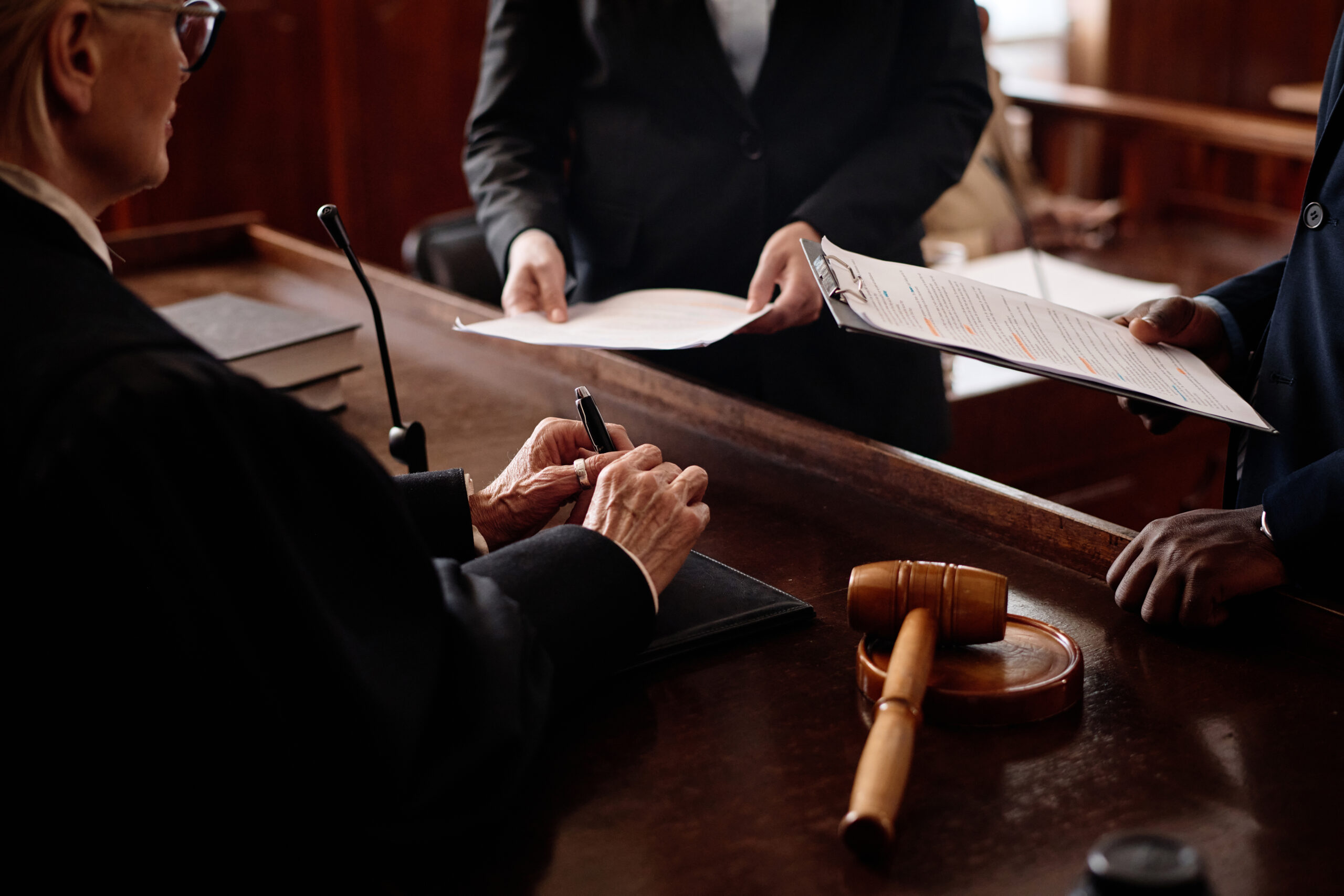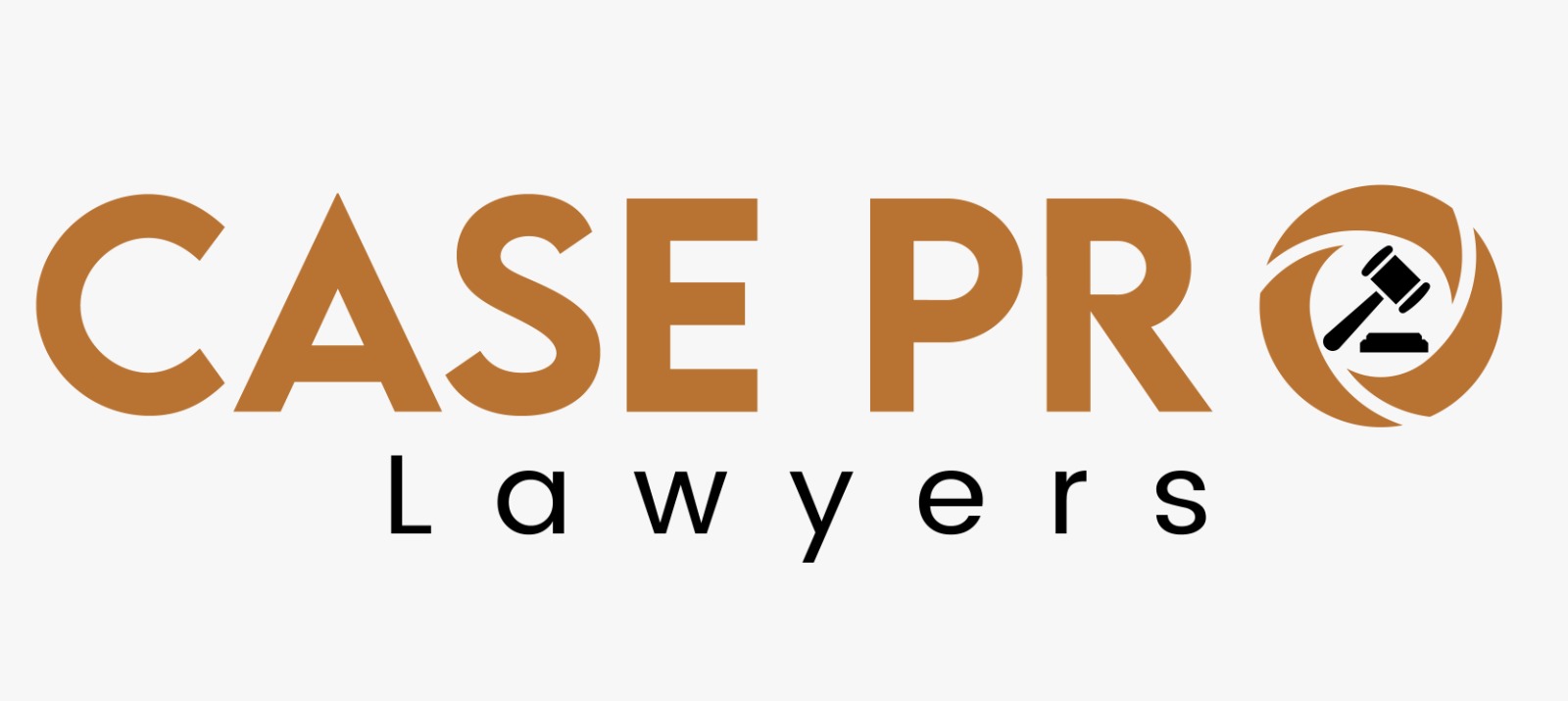Case Pro Practice Areas
Case Pro Practice Areas
Law Firm with relevant Case Studies!
Case Pro Lawyers demonstrate client acquisition & retention rates above average industry standards. Request a

Criminal Law
Defending Your Rights, Protecting Your Future
When facing criminal charges, your future, freedom, and reputation are on the line. At Case Pro Lawyers, we understand the weight of these challenges and are committed to providing aggressive, strategic, and compassionate legal defense.
Whether you’re confronting misdemeanor or felony charges, we fight tirelessly to protect your rights, challenge the prosecution’s case, and secure the best possible outcome.
Our experienced criminal defense attorneys handle cases ranging from DUI and drug offenses to white-collar crimes and violent felonies. With in-depth legal knowledge and a relentless pursuit of justice, we stand by your side every step of the way—ensuring you receive the fair treatment you deserve.
Don’t navigate the complexities of the criminal justice system alone. The right defense can make all the difference. Contact us today for a confidential consultation and take the first step toward protecting your future.
Understanding the Legal Process
Criminal law is a body of law that defines crimes, regulates the apprehension, charging, and trial of individuals accused of criminal offenses, and prescribes punishments for those found guilty. Unlike civil law, which deals with disputes between individuals or organizations, criminal law is primarily concerned with offenses against the state or society as a whole.
Criminal law serves to maintain public order, deter unlawful behavior, and ensure justice by holding offenders accountable while protecting the rights of individuals accused of crimes.
Key Aspects of Criminal Law
Types of Crimes
Crimes are generally categorized based on their severity:
-
Felonies: Serious crimes, such as murder, robbery, sexual assault, and drug trafficking. Punishments typically include imprisonment for over a year, heavy fines, or even the death penalty in certain jurisdictions.
-
Misdemeanors: Less severe offenses, such as petty theft, DUI (Driving Under the Influence), and simple assault. Punishments may include jail time (typically less than a year), fines, probation, or community service.
-
Infractions: Minor violations, such as traffic offenses or public nuisance violations, usually punishable by fines rather than imprisonment.
Elements of a Crime
To secure a conviction, the prosecution must prove beyond a reasonable doubt that the defendant committed the crime. The key elements typically include:
-
Actus Reus (Guilty Act): A voluntary action, omission, or conduct that constitutes a criminal offense.
-
Mens Rea (Guilty Mind): The mental state or intent behind committing the act, such as intent, knowledge, recklessness, or negligence.
-
Causation: A link between the defendant’s actions and the harm caused.
-
Concurrence: The act and the intent must coincide.
The Criminal Justice Process
Investigation & Arrest: Law enforcement gathers evidence and makes an arrest based on probable cause or an arrest warrant.
-
Charging: Prosecutors review evidence and formally charge the defendant with a crime.
-
Arraignment & Bail Hearing: The accused appears in court to hear charges, enter a plea (guilty, not guilty, or no contest), and request bail.
-
Pre-Trial Motions & Plea Bargaining: Attorneys negotiate possible plea deals or file motions to dismiss evidence or charges.
-
Trial: If no plea agreement is reached, the case goes to trial, where the prosecution must prove guilt beyond a reasonable doubt.
-
Sentencing: If found guilty, the judge imposes penalties, which may include imprisonment, fines, probation, or community service.
-
Appeals: The convicted individual may appeal the decision to a higher court if legal errors occurred during the trial.
Legal Defenses in Criminal Law
Defendants may use various legal defenses, including:
-
Self-Defense: Claiming actions were necessary to protect oneself or others.
-
Insanity: Arguing that mental illness prevented the defendant from understanding their actions.
-
Alibi: Providing evidence that the defendant was elsewhere during the crime.
-
Lack of Intent: Arguing that the accused did not have the necessary intent to commit the crime.
-
Entrapment: Asserting that law enforcement induced the defendant to commit a crime they otherwise wouldn’t have.
Punishments & Sentencing
Sentences vary based on the severity of the crime and the jurisdiction’s laws. Common punishments include:
-
Incarceration (Jail or Prison) – Short-term or long-term confinement.
-
Fines – Monetary penalties imposed by the court.
-
Probation – A supervised period where the defendant must follow specific conditions.
-
Community Service – Court-mandated work to benefit society.
-
Rehabilitation Programs – Treatment for substance abuse or anger management as an alternative to imprisonment.
Conclusion
Criminal law plays a vital role in upholding justice, protecting public safety, and ensuring the rights of both victims and defendants. It sets clear legal boundaries, punishes wrongdoing, and provides mechanisms for rehabilitation. Whether defending the accused or prosecuting criminals, criminal law ensures that justice is served in a fair and impartial manner.


A criminal defense lawyer represents individuals accused of crimes, ensuring their legal rights are protected throughout the legal process. They provide legal advice, build defense strategies, negotiate plea deals, and represent clients in court.
You should hire a criminal lawyer as soon as you are arrested, charged with a crime, or even if you are under investigation. Early legal representation can significantly impact your case by protecting your rights and preventing self-incrimination.
Criminal lawyers handle a wide range of cases, including:
DUI/DWI offenses
Drug crimes
Assault and battery
Theft, burglary, and robbery
White-collar crimes (fraud, embezzlement)
Domestic violence
Homicide and manslaughter
Sex crimes
After an arrest, you will go through the following steps:
Booking & Charges: The police record your personal details and alleged offense.
Arraignment: You appear in court to hear your charges and enter a plea (guilty, not guilty, or no contest).
Bail Hearing: The court determines if you can be released on bail.
Pre-Trial Proceedings: Your lawyer will gather evidence, negotiate plea deals, and file motions.
Trial: If no plea deal is reached, the case goes to trial where a judge or jury decides the outcome.
Felony: A serious crime (e.g., murder, armed robbery) punishable by over a year in prison.
Misdemeanor: A less severe offense (e.g., petty theft, DUI) usually punishable by fines, probation, or up to a year in jail.
No. Even if you are innocent, speaking to the police without a lawyer present can be risky. Anything you say can be used against you. Always request legal counsel before answering any questions.
You have the right to:
Remain silent (to avoid self-incrimination)
Legal representation (hire a lawyer or request a public defender if you can’t afford one)
Be informed of the charges against you
A fair trial with a jury (in felony cases)
It depends on the crime, your criminal history, and the defense strategy used. Some cases result in probation, fines, or alternative sentencing rather than jail time. A skilled lawyer can negotiate for lesser penalties or even case dismissal.
Yes, in some cases. Lawyers can challenge evidence, prove procedural errors, or negotiate with prosecutors to dismiss or reduce charges. However, every case is unique, and outcomes depend on the evidence and circumstances.
The cost varies based on the complexity of the case, the lawyer’s experience, and whether the case goes to trial. Some lawyers charge flat fees, while others bill hourly. Many offer payment plans or work with public defenders for those who qualify.
Do not ignore it. Contact a criminal defense lawyer immediately to discuss your options. Your lawyer may arrange for a voluntary surrender, which can help in negotiating bail and avoiding unnecessary detention.
In some cases, yes. Expungement allows certain convictions or arrests to be removed from your record. Eligibility depends on factors such as the severity of the crime, time elapsed, and state laws.
A plea bargain is an agreement between the defense and prosecution where the defendant pleads guilty to a lesser charge in exchange for a reduced sentence. Whether to accept a plea deal depends on the evidence against you and the potential trial outcome. A lawyer can advise on the best course of action.
Legally, yes, but it is highly discouraged. Criminal law is complex, and a single mistake can lead to severe consequences. A qualified defense attorney improves your chances of a favorable outcome.
Look for a lawyer with:
Experience in handling cases similar to yours
Strong courtroom and negotiation skills
A track record of successful case outcomes
Good communication and availability for clients
Need legal assistance? Contact us today for a confidential consultation. Your defense starts now.
Talk to a licensed lawyer – get your case reviewed and placed with the right attorney. Case Pro Lawyers and associates have the highest win rates in the industry. NO RECOVERY NO FEE
